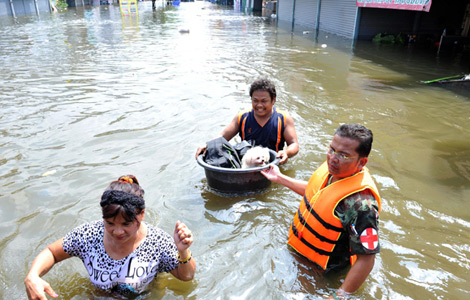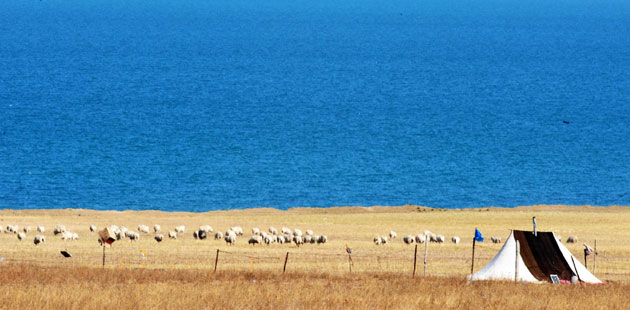Taliban regrouping in Pakistan's violence-hit province
Updated: 2011-10-22 18:11
(Xinhua)
|
|||||||||||
ISLAMABAD - Pakistani Taliban and other militant outfits are regrouping in Pakistan's violence-hit Southwestern Balochistan province, two intelligence agencies have said in their reports, local media said Saturday.
The reports said militant outfits regrouped after the replacement of regular police with the community-based force known as "Levis," who are recruited from the locals and are not well- trained and well-equipped to deal with organized groups.
The two agencies in their separate reports requested the prime minister and the concerned government departments to intervene and persuade the provincial government not to pursue political objectives, Dawn newspaper reported.
A Taliban-linked banned Sunni groups carried out several sectarian-motivated attacks on Shiite Muslims in Balochistan in recent weeks, killing dozens of them. Afghan officials also claim that senior members of Taliban are hiding in Balochistan and that the plot to kill peace envoy Prof. Burhanuddin Rabbani was also prepared in Quetta, the capital of Balochistan.
Pakistan army arrested a senior al-Qaeda leader and his two associates on the outskirts of Quetta last month.
The crux of the reports was that the rolling back of police force in most areas had encouraged the militant outfits, including the Taliban, to re-organize themselves, taking advantage of loose policing by the Levies which did not have the required training and the will to address such challenges, the report said.
The Prime Minister Secretariat was against interfering in provincial matters because it would be against the constitutional provisions which granted autonomy to provinces, the daily reported.
The sources said more than half of the allocated funds had already been used for the construction of police stations, many of them yet to be completed. The completed structures had since been handed over to the Levies and other provincial government departments.
The report said that ground realities had changed owing to higher population and increased activities of subversive elements supported by certain foreign hands, making it practically impossible for "Levies" who had been raised and managed in most of the cases by local tribal elders to investigate such situations without proper knowledge of relevant laws to register cases and prosecute criminals.
The newspaper reported that the provincial police chief had also reported to the federal government about a growing unease among police officers who were expecting promotions and fresh postings in newly-created police stations.
Hot Topics
Libya conflict, Gaddafi, Oil spill, Palace Museum scandal, Inflation, Japan's new PM, Trapped miners, Mooncake tax, Weekly photos, Hurricane Irene
Editor's Picks

|
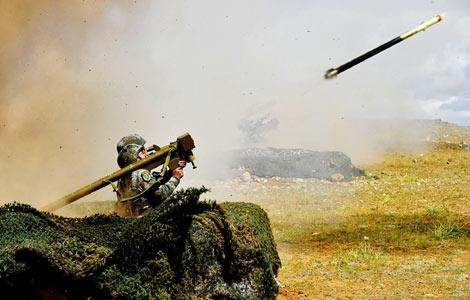
|
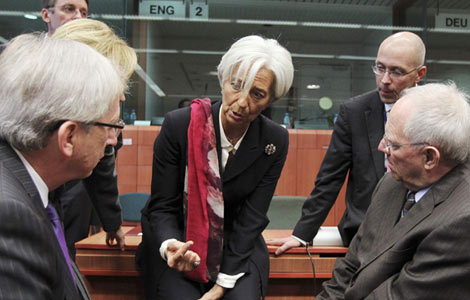
|
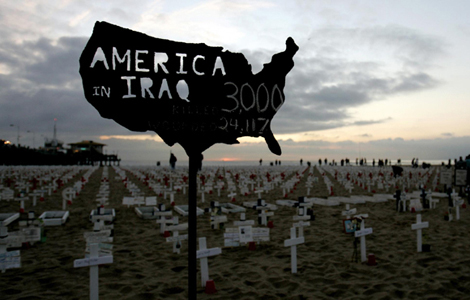
|

|

|




